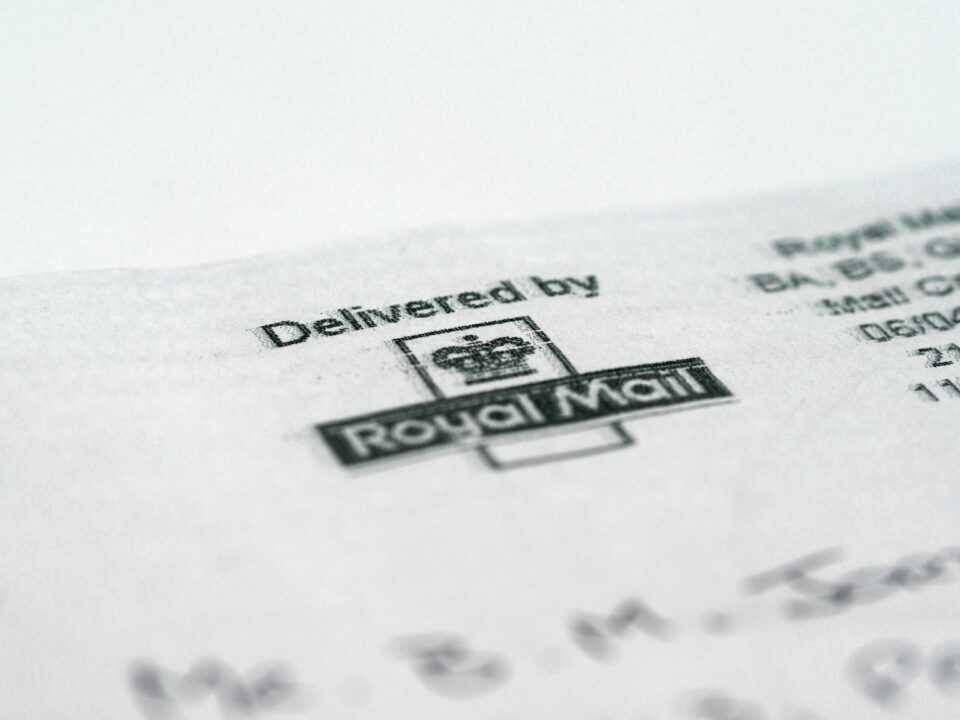Changing a Child’s Name: Legal Considerations

Changing a child’s name is a significant decision that can have lasting effects on their identity and legal status. Whether prompted by parental separation, adoption, or personal choice, the process is governed by specific legal requirements in the UK. This comprehensive guide outlines the legal considerations, procedures, and essential steps for changing a child’s name, ensuring you make informed decisions in your child’s best interests.
Why Change a Child’s Name?
Parents or guardians may seek to change a child’s name for various reasons, including:
-
Family Reorganisation: Following separation, divorce, or remarriage.
-
Adoption: To reflect new family ties.
-
Personal or Cultural Reasons: To align with a child’s cultural heritage or personal identity.
-
Gender Identity: Supporting a child’s transition.
Regardless of the reason, the process must always prioritise the child’s welfare and legal rights.
Legal Requirements for Changing a Child’s Name
Parental Consent
To change the name of a child under 16, the consent of everyone with parental responsibility is required. Parental responsibility is automatically granted to the child’s mother and may be shared with the father or another guardian under certain circumstances.
Court Involvement
If one parent with parental responsibility does not consent, the other parent must apply to the court for a Specific Issue Order under the Children Act 1989. The court will consider the child’s welfare as the paramount concern before granting permission.
Child Arrangement Orders (CAOs) and Name Changes
If a Child Arrangement Order is in force, additional legal restrictions apply. Section 13(1)(a) of the Children Act 1989 states that while a CAO is in place, a child’s surname cannot be changed without either the written consent of all those with parental responsibility or the court’s permission.
Step-by-Step Process for Changing a Child’s Name
-
Obtain Consent:
Ensure all individuals with parental responsibility agree to the name change. If not, consider mediation or court proceedings. -
Prepare the Deed Poll:
Complete a deed poll for the child. This can be done using a specialist deed poll agency, a solicitor, or by applying for an enrolled deed poll at the Royal Courts of Justice. -
Submit the Deed Poll:
For an enrolled deed poll, submit the application and pay the required fee (currently £50.32). -
Update Official Records:
Use the deed poll to update the child’s name with schools, medical providers, passport office, and other relevant institutions. -
Court Application (if needed):
If consent is not obtained, apply to the family court for a Specific Issue Order, demonstrating that the name change is in the child’s best interests.
Special Considerations
-
Transgender Children:
Changing a forename for a transgender child may require additional sensitivity and, in some cases, court involvement if parental agreement cannot be reached. -
Birth Certificate:
The original birth certificate remains unchanged, but the deed poll serves as legal proof of the new name. -
International Considerations:
If the child was born abroad, check for any additional requirements from the country of birth.
Costs and Legal Support
-
Deed Poll Fees:
The fee for an enrolled deed poll is £50.32. Additional costs may apply for solicitor services or certified copies. -
Legal Representation:
Solicitors can assist with drafting, witnessing, and submitting the deed poll, as well as representing you in court if disputes arise. -
Mediation:
If there is disagreement, mediation is a cost-effective way to resolve disputes before resorting to court.
Why Seek Legal Advice?
Engaging a family law solicitor ensures that the name change process is handled accurately and professionally. Solicitors can:
-
Guide you through the legal requirements.
-
Draft and witness the deed poll.
-
Assist with court applications and dispute resolution.
-
Help update official records and provide ongoing support.
Conclusion
Changing a child’s name is a complex legal process with important implications for their future. By understanding the legal considerations and following the correct procedures, you can ensure the process is smooth, legally valid, and in your child’s best interests. For expert guidance and support, contact a family law solicitor who can help you navigate every step with confidence.

